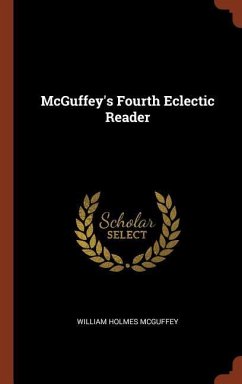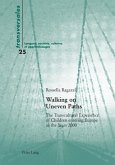"As We Are and As We May Be" is a philosophical and social commentary written by Sir Walter Besant, a British novelist and historian, in the late 19th century. The book was first published in 1903. Besant was a prominent figure in the literary and social circles of his time, and he used his platform to advocate for social reform and address issues related to poverty and inequality. The central theme of "As We Are and As We May Be" revolves around the idea of social improvement and the potential for positive change in society. Besant explores the conditions of contemporary society and discusses various aspects of life, including education, labor, and social justice. The title itself suggests a dual perspective, examining both the existing state of affairs and envisioning a more idealized future. Besant advocates for social reform and proposes practical solutions to address the challenges faced by society. He emphasizes the importance of education and its role in shaping individuals and society as a whole. The book reflects the author's belief in the potential for human progress and the possibility of creating a more just and equitable society. While the specifics of Besant's proposals may be rooted in the context of his time, the overarching themes of social responsibility, education, and the pursuit of a better future remain relevant. "As We Are and As We May Be" serves as a historical document that provides insights into the social and intellectual currents of the late 19th century, while also encouraging readers to reflect on the possibilities for positive change in their own time.








